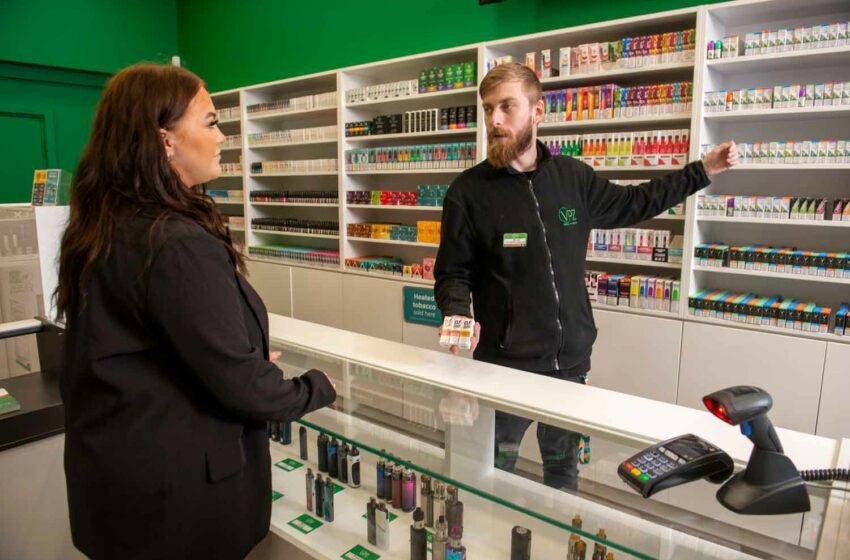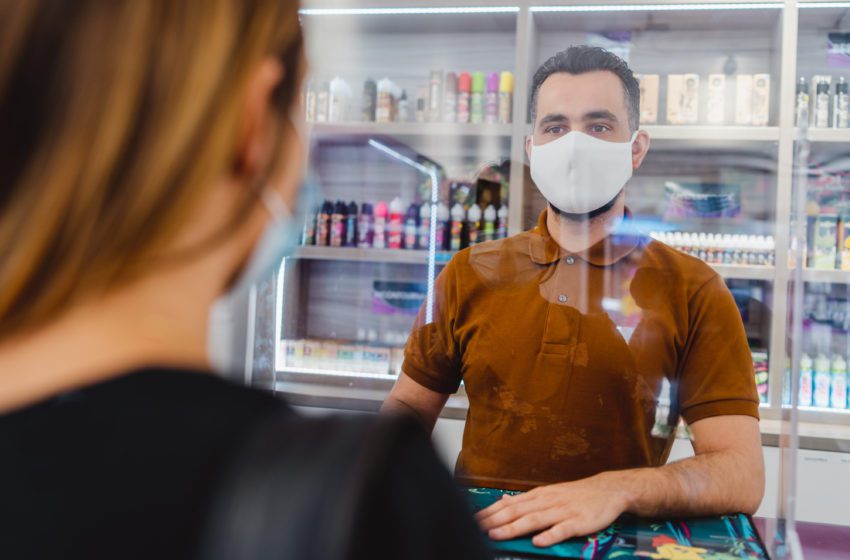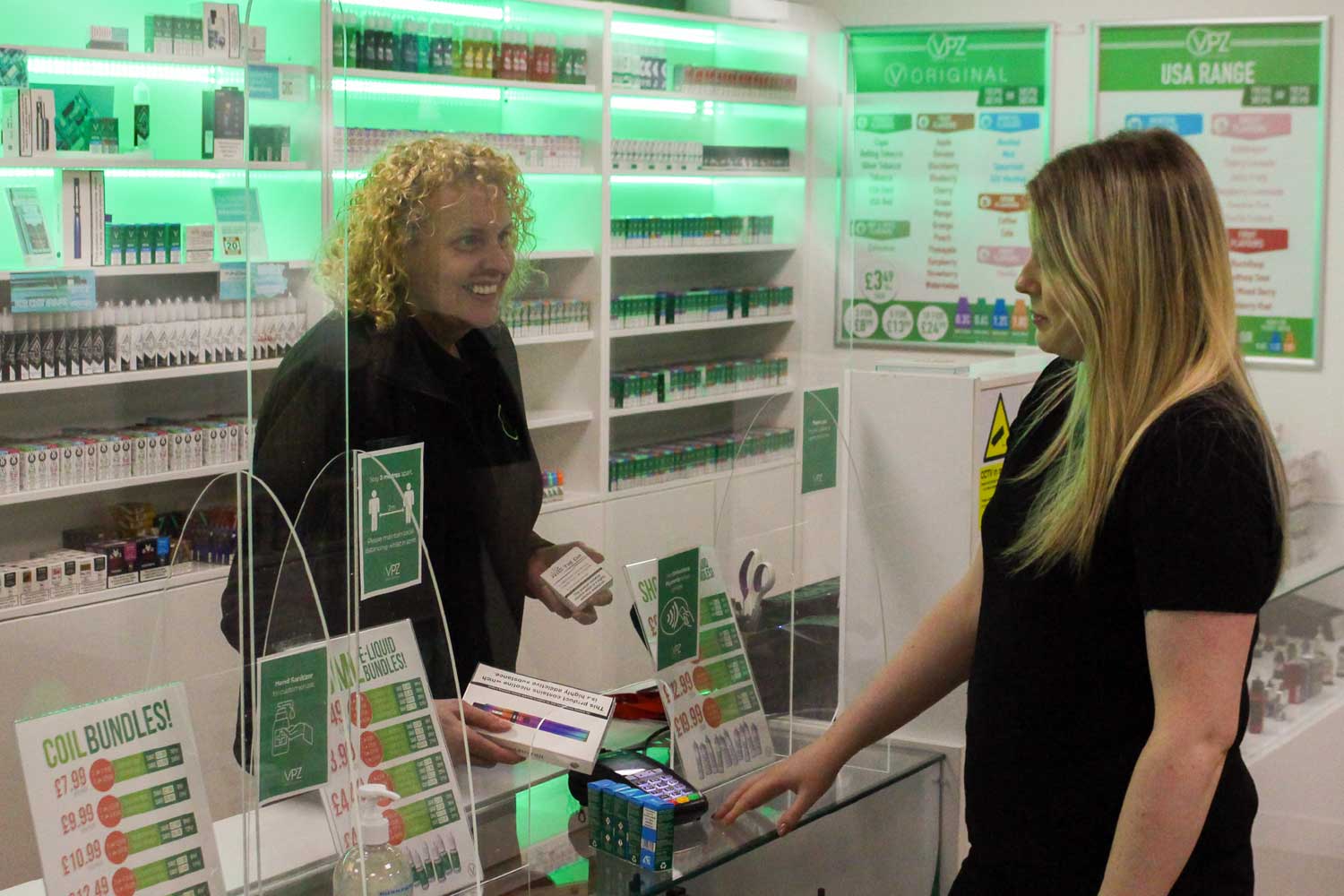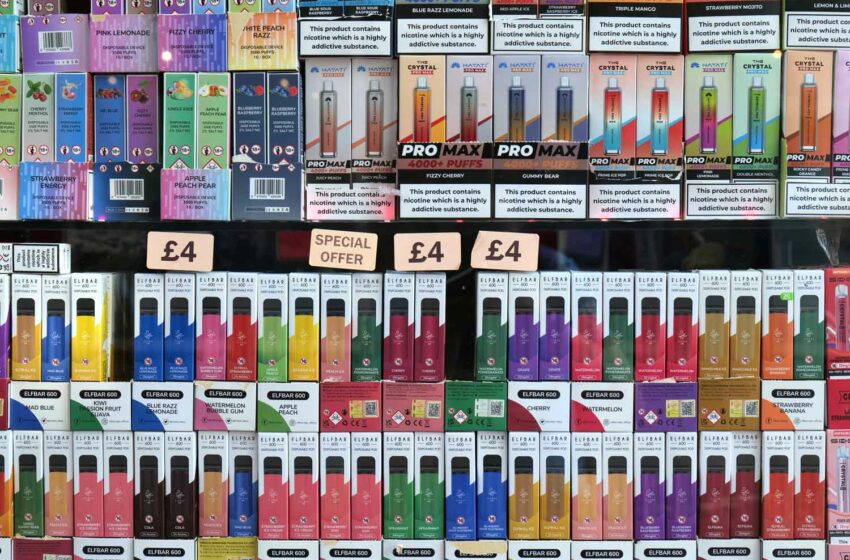
The U.K. Vaping Industry Association (UKVIA) has warned that the Conservative Party’s proposal to tax vapes based on nicotine strength, predicted to increase the cost of some products upward of 300 percent, threatens to undo the work that the category has already done in saving millions of smokers’ lives.
In its submission to the government’s vaping duty consultation, the association argues that by making higher strength vaping more expensive, the proposed tax regime will place an unfair financial burden on nicotine-dependent smokers who are trying to quit. The UKVIA points to the fact that smokers are already significantly overestimating the risks of vaping compared to smoking and that a measure that discourages the use of sufficient nicotine to facilitate a quit attempt is likely to have the effect of decreasing the rate of successful quit attempts.
The association also argues in its submission that as smokers are disproportionally from lower socioeconomic backgrounds, the effect of introducing an excise duty for nicotine-containing vapes, the most appealing form of e-cigarette for smokers, will be dramatic and potentially fatal.
This conclusion is supported by HM Revenue and Customs (HMRC) Research Report Number 740, Understanding the Vaping Market, which found that less affluent adults were “more likely than average” to report being current vapers and revealed that 32 percent of current vapers are motivated to use these products over cigarettes due to cost savings. The same HMRC report also highlighted that the doubling of the prices of vaping could result in 62 percent of current users reducing how much they vape.
The UKVIA is calling for the proposed taxation of vapes to be based on e-liquid quantity and not based on nicotine strength. It believes a specific sales tax on all vaping products and nicotine levels at the rate of £1 ($1.25) per 10 mL would be far more effective in achieving the duty’s stated objectives.
Smokers who smoke more or are more nicotine reliant need higher concentrations of nicotine, at least initially, according to the UKVIA. The association feels they should not be deterred from quitting by having to pay an extra premium to buy the higher concentration nicotine e-liquids that they need.

While a tax on vapes may be inevitable, it does need to be effective and not counterproductive.
John Dunne, director general, UKVIA
“While a tax on vapes may be inevitable, it does need to be effective and not counterproductive,” said UKVIA Director General John Dunne in a statement. “In recent years, millions of smokers have managed to quit through using vaping products, and discouraging others from making the switch would have disastrous, and in many cases fatal, consequences.
“The industry therefore urges the government not to unfairly discriminate against nicotine-containing vapes, which are the most popular devices for a reason. It would be far more valuable for the government to instigate a vape licensing scheme, for which we have long been calling; such a scheme would deter rogue retailers, protect our children and help a heavily under-funded Trading Standards to police retailers by raising £50 million a year from the industry.”























